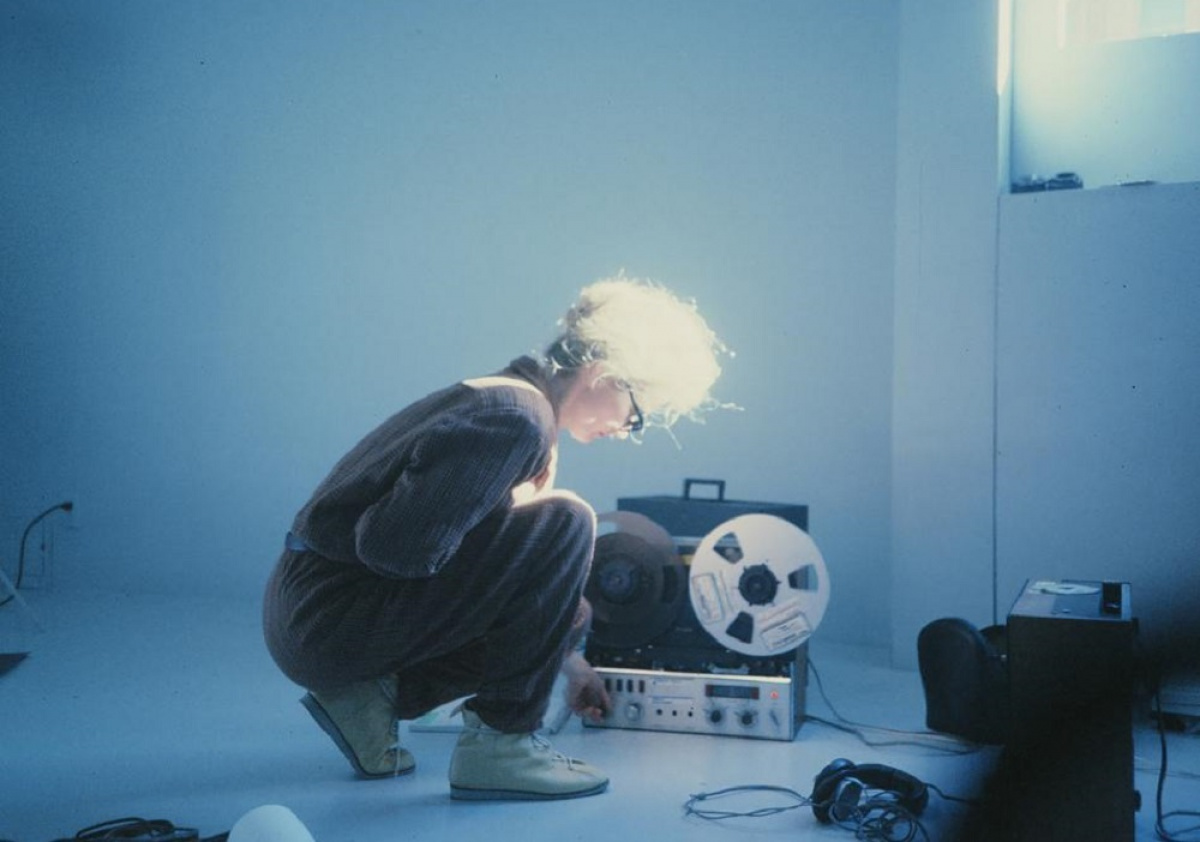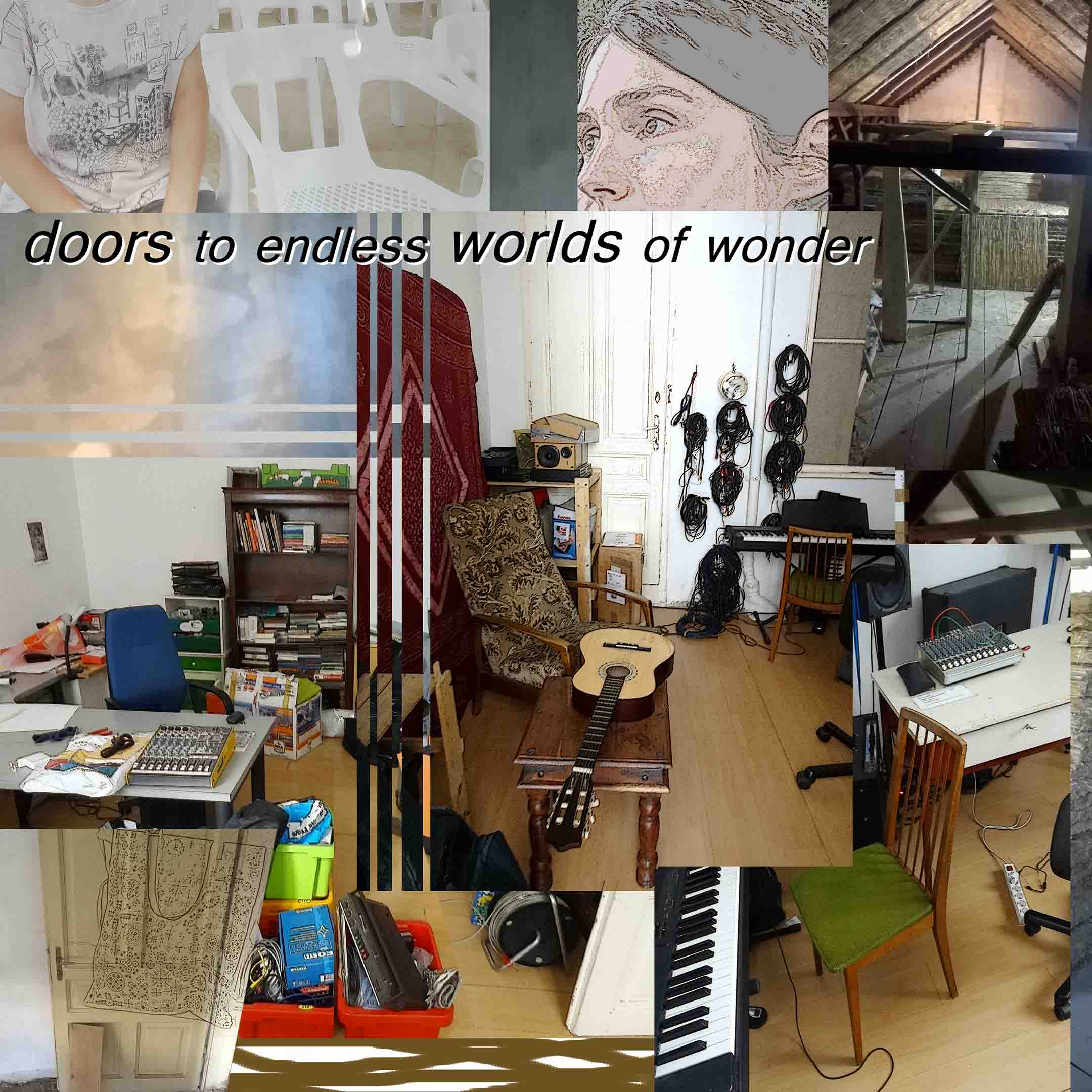
Electronic Adventurers
While it provides Ruth Saxelby with more than one epiphany, and helps her consider her own past, Sisters with Transistors: Electronic Music’s Unsung Heroines is a drop in the ocean of electronic music history, making her yearn for more.
I was in the little kid version of the Girl Scouts when I was eight. It didn’t feel good. Not the badge collecting, not the gendered activities, not the swearing of patriotic allegiances. I enjoyed telling the group’s po-faced leader I was quitting because I didn’t believe in God or the Queen. That was true, but it wasn’t the whole truth. I was also fed up with missing the beginning of Doctor Who.
Sylvester McCoy had just taken over as the seventh Doctor on the long-running British sci-fi show. McCoy’s Doctor was equal parts silly and philosophical. I imagine time travel necessitates both states; the one the other’s foil, and each a relative of wonder. The show’s theme tune planted those seeds. This way, its cosmic textures seemed to beckon, lie questions and adventures. A doorway to another dimension, it was the sound of feelings I wasn’t yet able to put a finger on.
Sound Abstracted
It would be decades before I learned that the original music was made in the early 1960s by English composer Delia Derbyshire. She worked for the BBC’s sound effects unit, also known as the Radiophonic Workshop. The composer Ron Grainer had written a score for Doctor Who and Derbyshire was asked to bring it to life. The ideas and innovation she brought to her arrangement prompted Grainer to regard her as a co-composer. Derbyshire used multiple tape machines in a musique concrète manner. By manipulating the tape both before playback (cutting and splicing it) and during (slowing it down or speeding it up), she painstakingly created the theme’s otherworldly sounds and urgent rhythms.
Derbyshire’s interest in building atmosphere from audio had a more earthly origin. «I was in Coventry during The Blitz [of World War II]», Derbyshire says in the documentary Sisters with Transistors: Electronic Music’s Unsung Heroines. «That was such an influence on me. It’s come to me that my love for abstract sounds [came from] air-raid sirens. Because that’s a sound you hear and you don’t know the source of it as a young child. It’s an abstract sound and it’s meaningful and then the ‹all-clear›. Well, that’s electronic music.»
Electronic Epiphanies
Later in the documentary, which is almost entirely made of archival footage, the American composer Pauline Oliveros discusses her own philosophy in a TV interview. «I am not interested in making an object of art and entertainment», she says. «I’m interested in making something that helps me to grow and expand and change as an individual, and in relation to others.»
These two ideas – that abstract sounds are meaningful, and that composing with such an understanding can be transformative – are not only crucial to an appreciation of electronic music, they open doors to endless worlds of wonder. And yet by the end of Sisters with Transistors, the wondering I’m left with is about the truly unsung. The electronic adventurers who didn’t make it into the archives. The stories still waiting to be told and the ones with gaping holes in them. One documentary is a drop and I'm thirsty for the ocean.
The film «Sisters with Transistors: Electronic Music’s Unsung Heroines» by Lisa Rovner was officially selected at the Norient Film Festival NFF 2021. See full program here.
Biography
Published on November 22, 2021
Last updated on April 11, 2024
Topics
From machine-assisted musicking to the struggle of creating under precarious circumstances and in a world in which work rules everything.
Does a crematorium really have worst sounds in the world? Is there a sound free of any symbolic meaning?
Snap



